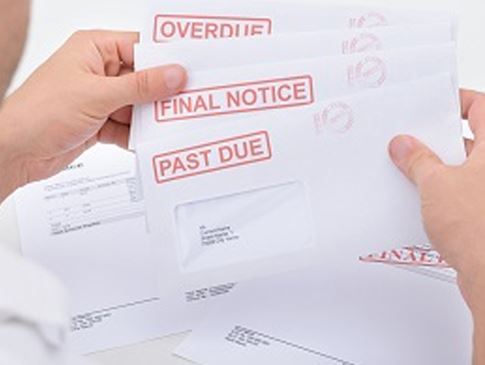If your workers' compensation settlement is not paid on time, your employer, or his or her insurance company, may owe you additional money. Employers are typically required to pay benefits within a certain amount of time after the injury. For Iowa employers, that is about 11 days. For many workers, employment is accompanied by some risks. From those who sit behind a desk to those active on a construction site, employees are injured and fall sick every day. Last year, nearly three million American workers were injured at work, and employees in the state of Iowa experienced work-related injuries at a rate higher than the national average. Often, these injuries prevent employees from being able to work or to work in the same manner as before the accident. In these cases, a benefits system exists to help injured workers obtain medical treatment and ensure their financial security. This system is known as workers’ compensation.
What Is Workers’ Compensation?
The Workers’ Compensation Act provides most Iowa employees with certain benefits if they experience a workplace injury, disease, or hearing loss. These benefits exist in the form of wage replacement and medical care. After an accident at work, or the development of a debilitating condition due to work conditions, employees can apply to receive workers’ compensation. Benefits are offered for a number of different injury scenarios, including:- Temporary total disability, when the employee is unable to work at all while recovering from the injury.
- Temporary partial disability, which applies when an employee is still recovering from the injury but can return to work at a less demanding (and often lower-paying) job.
- Healing period. This term applies when an employee is recuperating from an injury which produces a permanent impairment.
- Permanent partial disability. This term is used when an employee experiences a permanent disability but has the ability to work in some capacity.
- Permanent total disability. This term indicates the employee has suffered an injury which leaves him or her incapable of ever returning to work.
- Death. Dependents of an employee who dies as the result of injuries sustained at work may be eligible for some compensation.
Which Iowa Employers Must Carry Workers’ Compensation Insurance?
Most Iowa employers must offer workers’ compensation insurance. Before operating any business, an employer must either purchase workers’ insurance or be approved by the appropriate agencies to self-insure. Also, employers may not deduct any money from employee paychecks for the payment of workers’ compensation insurance.Consequences for Failing to Obtain or Maintain Workers’ Comp Insurance
If an employer fails to meet his obligations with regard to workers’ compensation insurance, the state can and will impose stiff penalties. Businesses could be charged with a Class D felony and face consequences that include:- Fines
- Jail time
- Civil penalties
- Revocation of self-insured status
- Order to cease business operations
What Happens If Workers' Compensation Settlement Is Not Paid on Time?
Employers and insurance companies must also respond to workers’ compensation claims in a timely manner. Those who fail to make on-time payments can face consequences. You should start to receive workers' compensation payments within 11 days of your initial injury. Failure to pay promptly could be difficult for the injured worker and his family. The law recognizes this and imposes the following punishments for delayed payment to an injured worker:- Penalties of up to 50 percent of the past-due amount. This amount would be in addition to the regular payment due to the injured worker. For example, if a $500 check is delayed, the insurer could be forced to pay both the $500 payment and a $250 penalty to the injured worker.
- Ten percent interest on any late payment. If the employer shows a valid reason for the late payment, the penalties could be waived. However, employers are required to pay 10 percent interest on any late payment, regardless of the reason.
- A fine of $10 times the average number of days delayed and number of injuries related to late payments. This penalty can be assessed to employers who are found to be habitually late with workers’ compensation payments during an annual review.



.jpg)

.jpg)